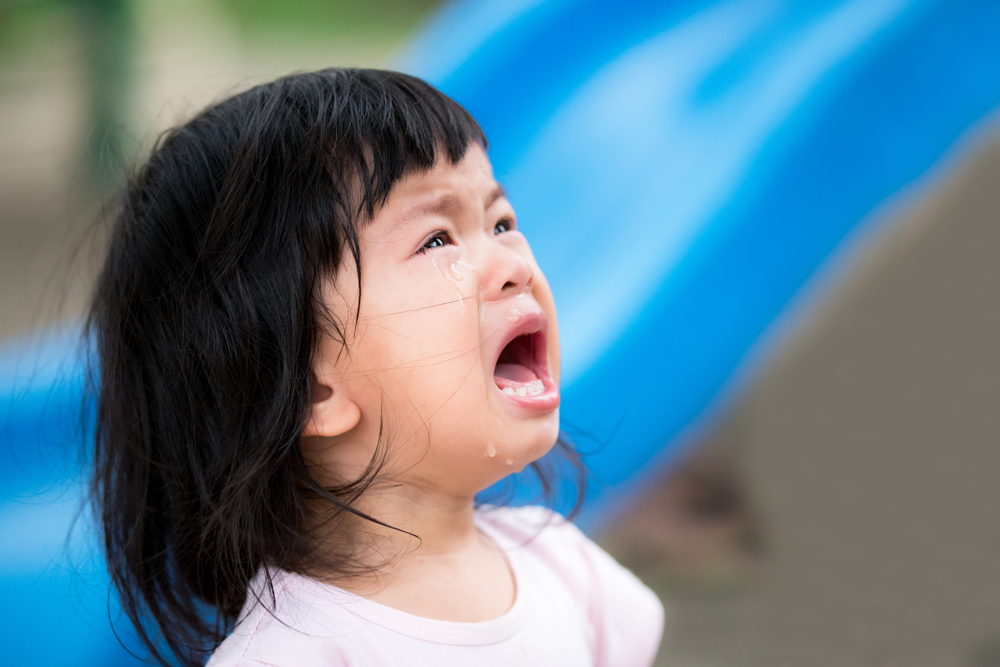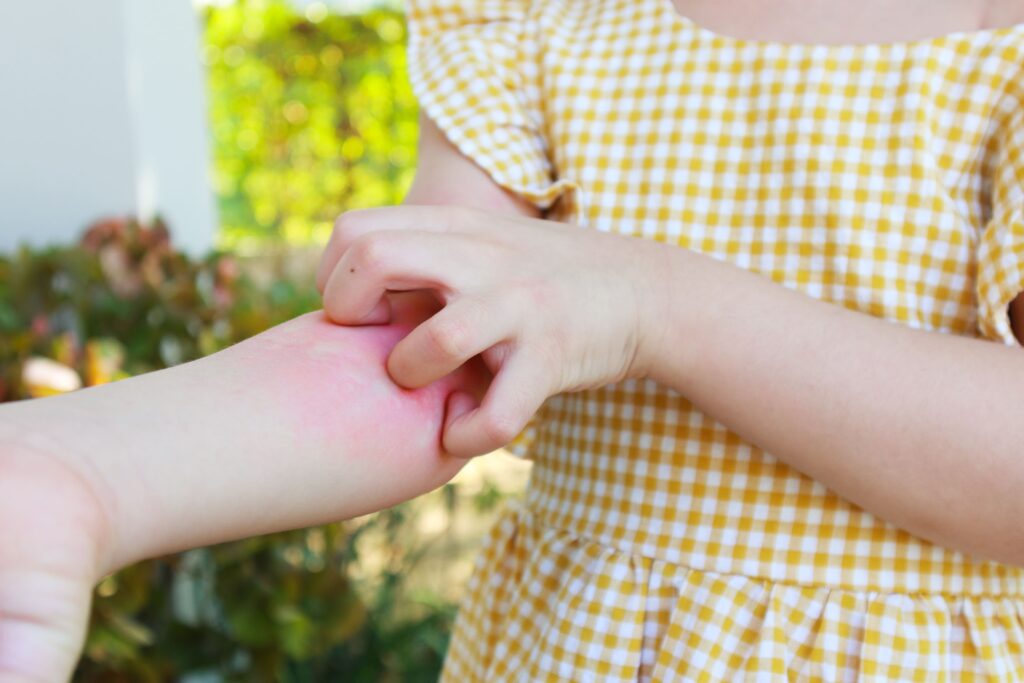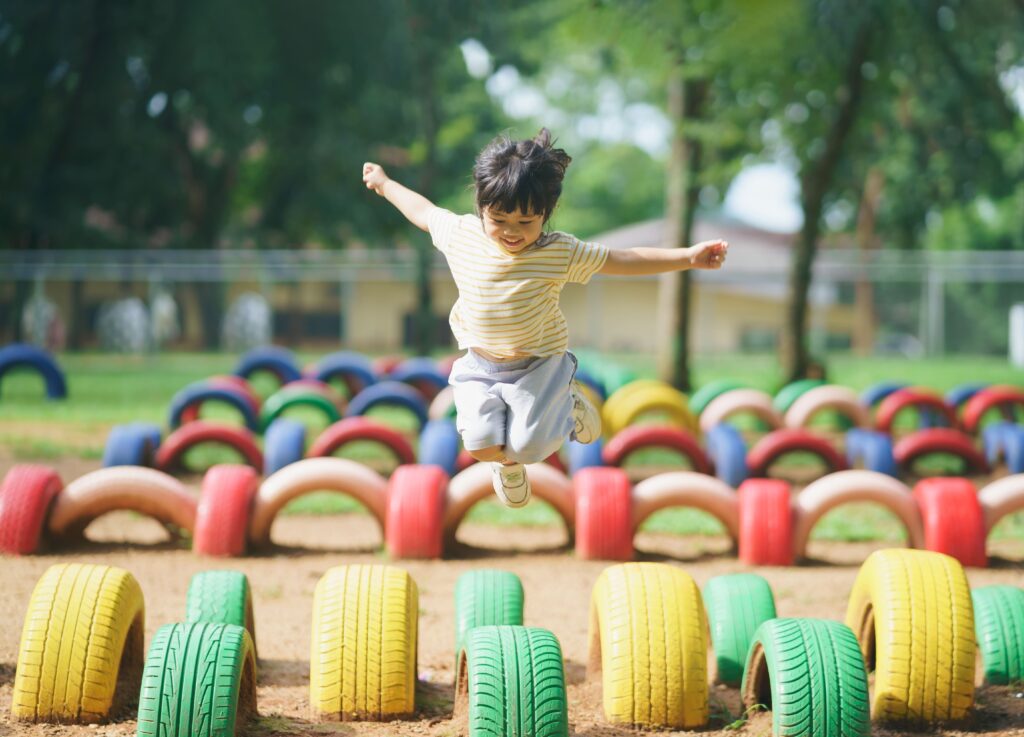school

Source: Pediatric Behavioral Therapist, Yip Wai Lun
Many times, as parents, when we see our children experiencing negative emotions like anger, tantrums, or extreme unhappiness, we often want to quickly resolve the situation by saying things like, “Don’t be so angry!” or we may scold them, sometimes even yelling, “Shut up right now!” or using a countdown like “One! Two! Three!” to command them. Some parents may try to reason with their children, saying, “We shouldn’t behave like this; we should stay calm.” However, these methods are not always very effective. Why is this the case?
It turns out that this is closely related to the structure of our brains. Understanding the brain’s structure can be very helpful in parenting. If we are familiar with two specific parts of the brain, it can aid us in disciplining our children. The first part is called the amygdala, which is a pair of almond-shaped clusters located in the posterior part of our brain. When we are startled or feel threatened, the amygdala sends signals that prepare us for either a fight or flight response. The amygdala operates on a reflexive level.

Another part is called the prefrontal cortex, which is responsible for our flexibility and empathy. However, the amygdala and the prefrontal cortex cannot function simultaneously. The development of a child’s prefrontal cortex takes place from around the age of two to over twenty years old before it fully matures. Only then can they understand your reasoning and consider your thoughts and feelings.
As a result, most of the time, children are primarily influenced by the two amygdalae. This is why you often see children experiencing various emotions, becoming easily agitated, and prone to tantrums.

How do we stop the amygdala from functioning? This is very important. The way we make the amygdala stop functioning is by helping children express their emotions, especially when they have negative emotions. As parents, we should help them speak out, for example, saying, “I can see that you’re very unhappy,” “I can see that you’re very disappointed,” or “You seem very sad.” Because when you express and describe their feelings, their prefrontal cortex will send soothing messages to their amygdala, causing the amygdala to stop functioning immediately.
Whatever you do, don’t react negatively! When you see that your child is emotional, express your own personal feelings as a parent: “I’m really angry!” “What you did is not right!” or “I feel upset!” Doing this will only stimulate the child’s amygdala and make them more resistant. So the first step in disciplining children is not to control or teach them, but to first connect with their emotions and then readjust.



























